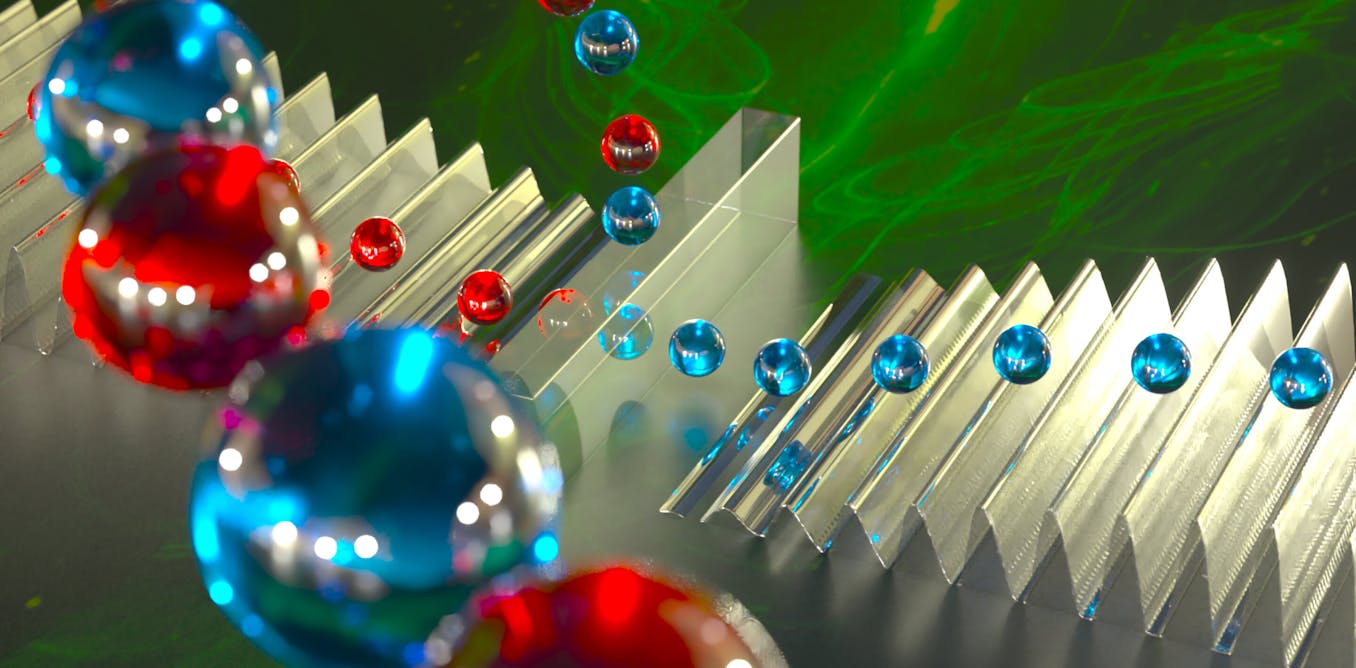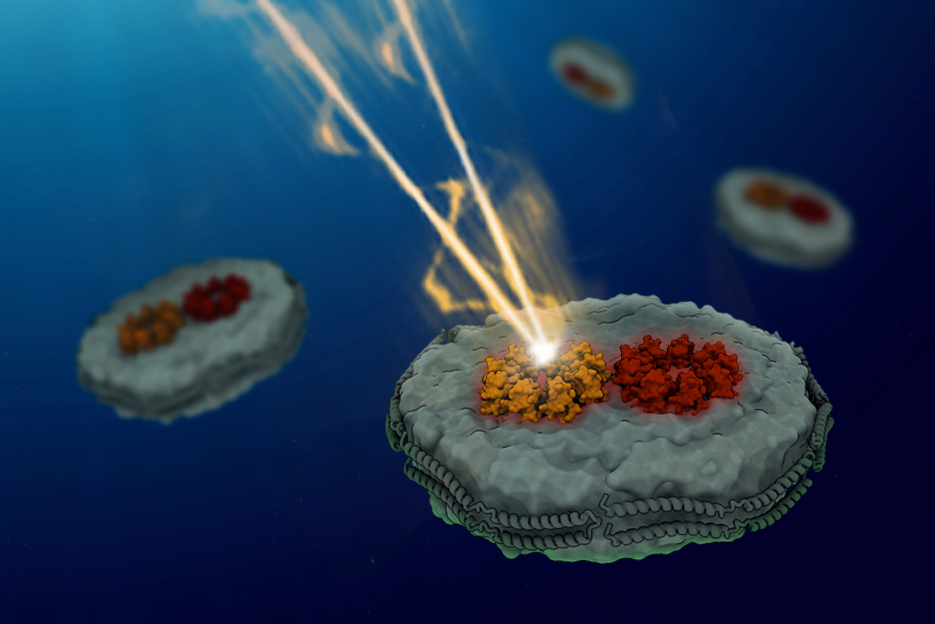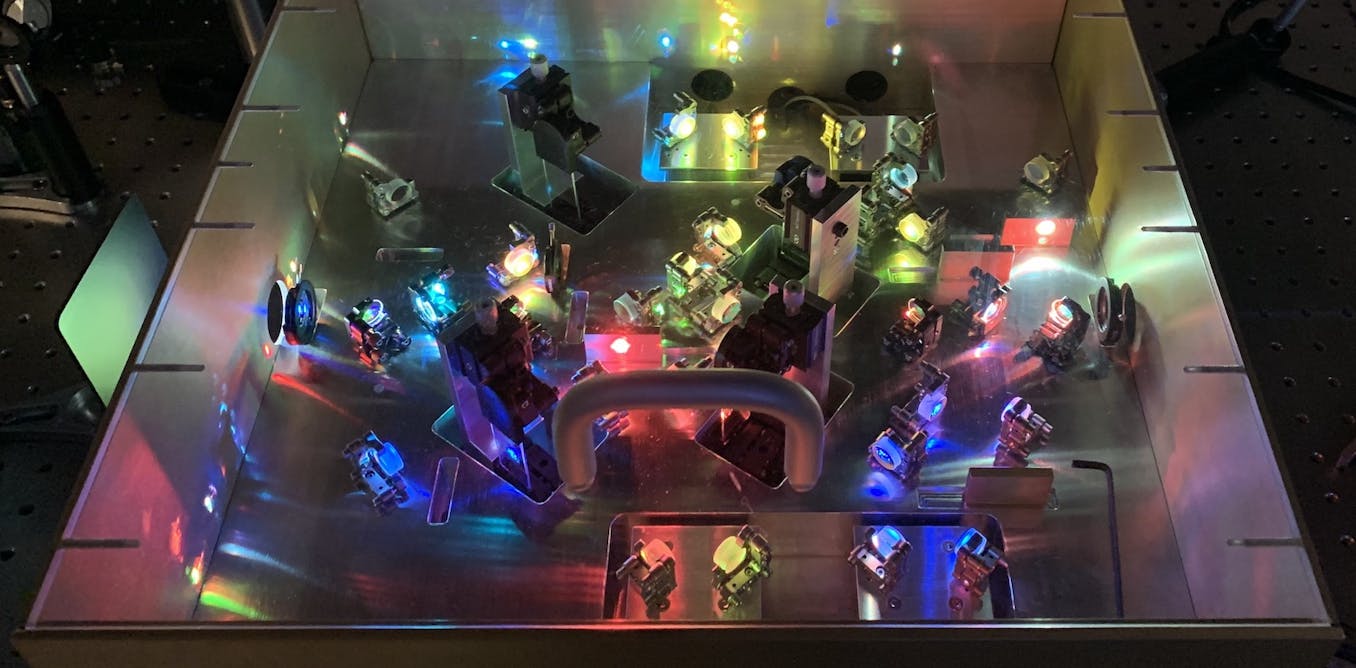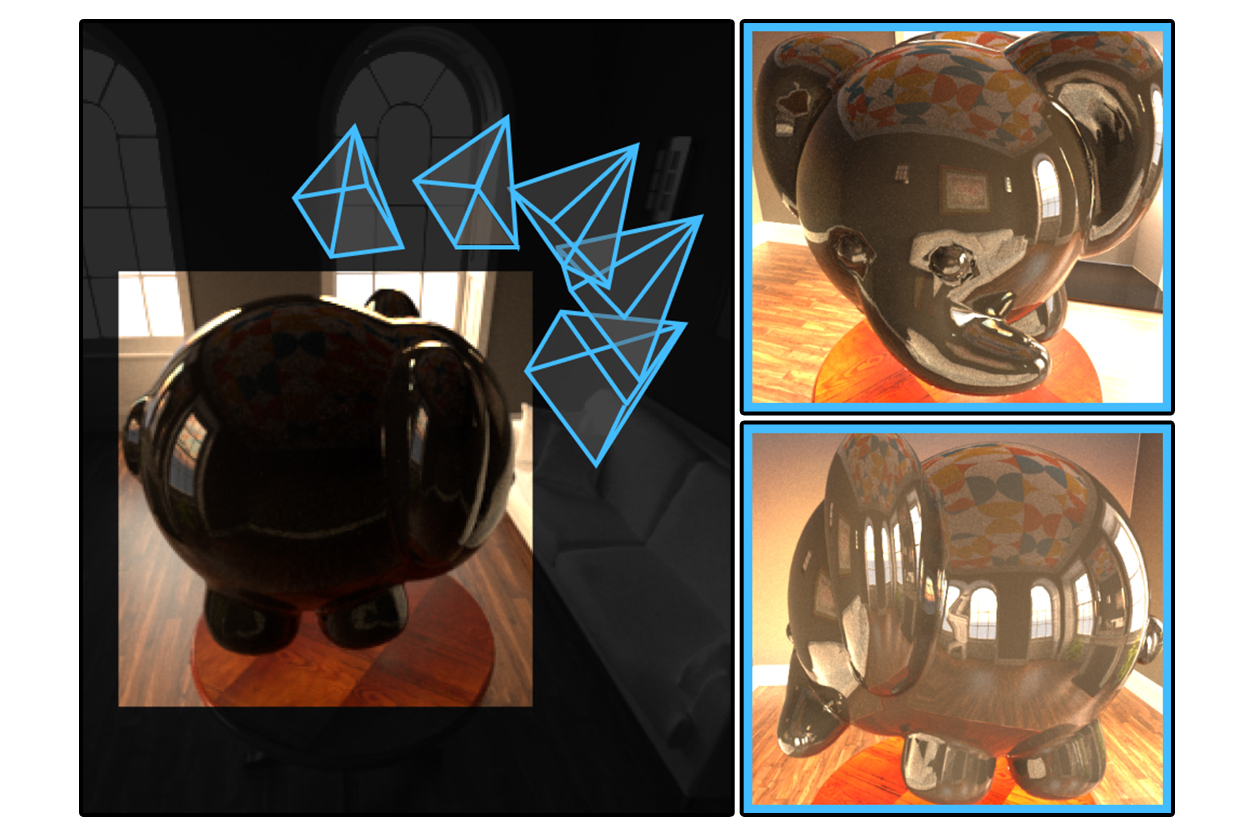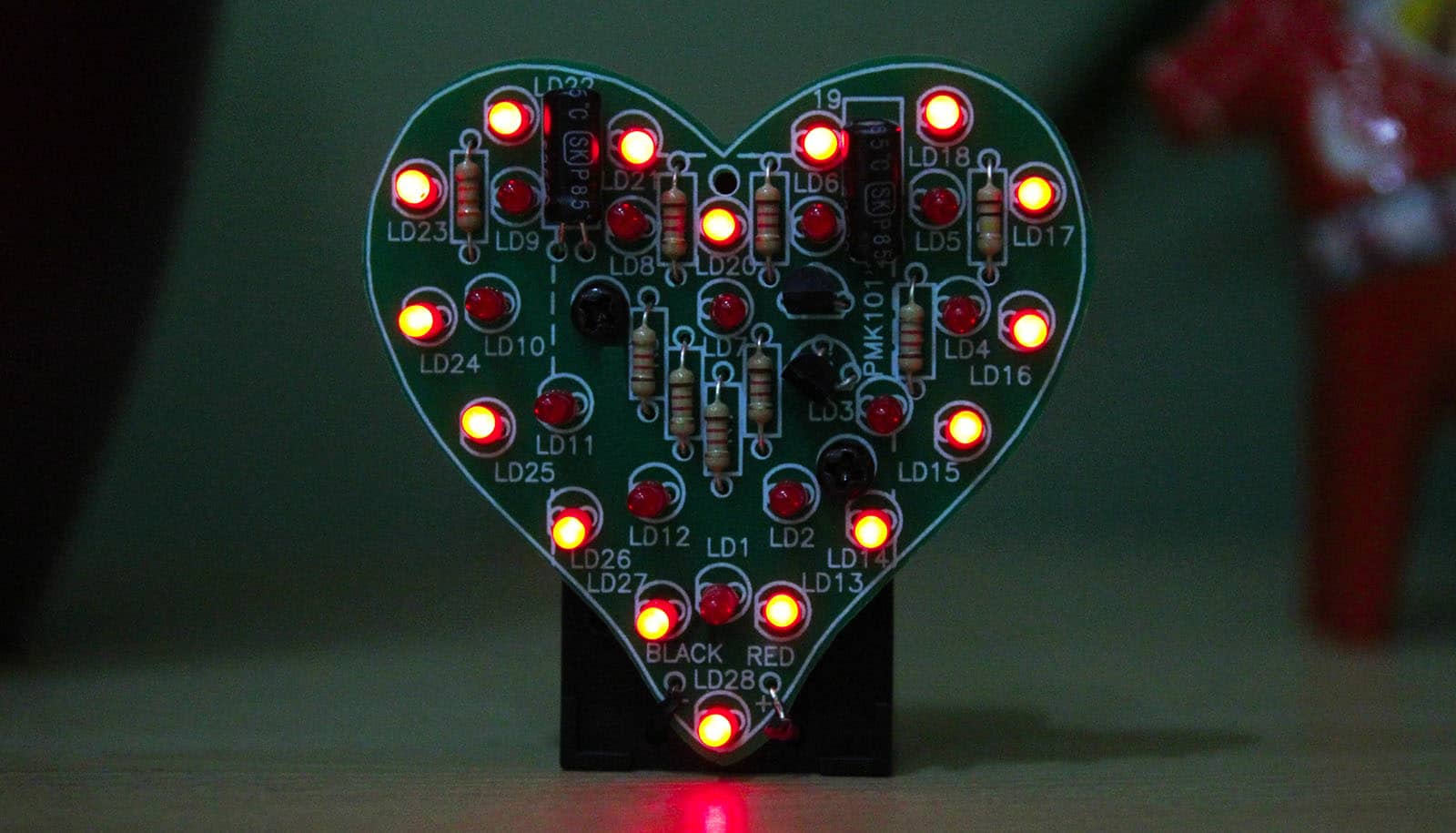How splitting sound might lead to a new kind of quantum computer
Scientists show they can create quantum superpositions of sound particles, pointing to the potential for mechanical quantum computers.
Andrew N. Cleland, Professor of Molecular Engineering Innovation and Enterprise, University of Chicago Pritzker School of Molecular Engineering •
conversation
July 5, 2023 • ~6 min
July 5, 2023 • ~6 min
Biting flies are attracted to blue traps – we used AI to work out why
New research on what attracts blood-feasting flies to blue objects could help minimise the impacts of those insects on people and animals.
Roger Santer, Lecturer in Zoology, Aberystwyth University
• conversation
July 4, 2023 • ~6 min
July 4, 2023 • ~6 min
The digital future may rely on ultrafast optical electronics and computers
A researcher explains developments in using light rather than electrons to transmit information securely and quickly, even over long distances.
Mohammed Hassan, Associate Professor of Physics and Optical Sciences, University of Arizona •
conversation
June 27, 2023 • ~6 min
June 27, 2023 • ~6 min
Light pollution is taking the sparkle out of glow-worm mating
Artificial light is making it harder for male glow-worms to find bioluminescent females.
Jeremy Niven, Professor of Zoology (Evolution, Behaviour and Environment), University of Sussex
• conversation
June 13, 2023 • ~6 min
June 13, 2023 • ~6 min
May 5, 2023, lunar eclipse will be a subtle show of astronomical wonder
Not all lunar eclipses are alike. An astronomer explains the science behind the slight dimming of the Moon on May 5, 2023.
Shannon Schmoll, Director of the Abrams Planetarium, Michigan State University
• conversation
May 3, 2023 • ~6 min
May 3, 2023 • ~6 min
/
32


